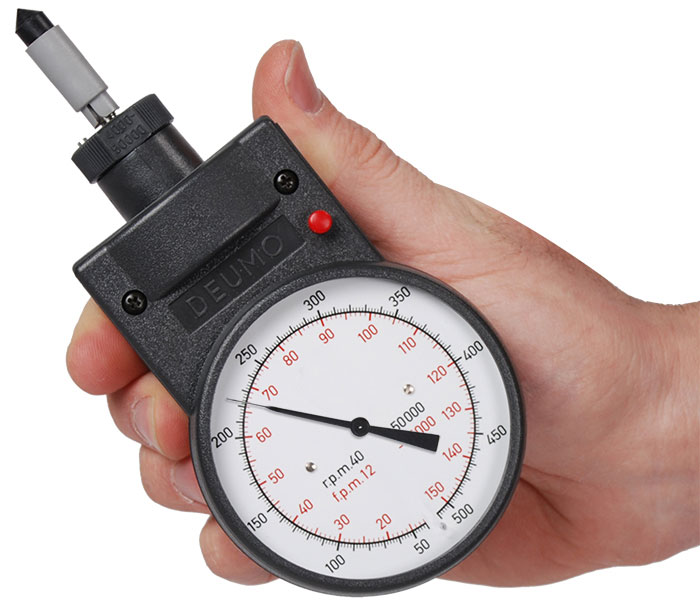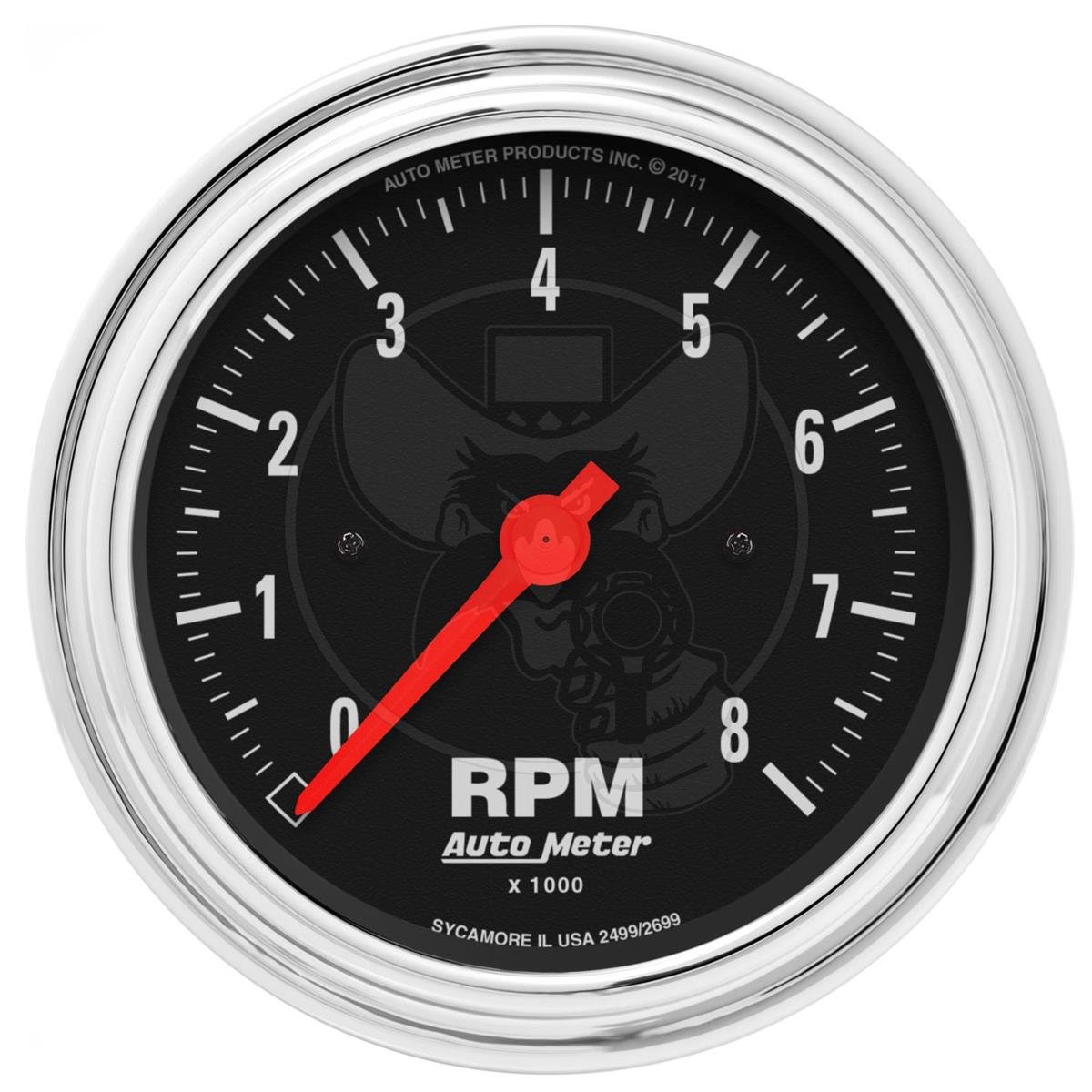Boost Your Driving Experience with a Trusted Tachometer
Boost Your Driving Experience with a Trusted Tachometer
Blog Article
Key Reasons That Having a Tachometer Is Necessary for Preserving Engine Health And Wellness and Efficiency
In the world of automotive maintenance, the value of a tachometer can not be overemphasized - tachometer. This humble yet critical instrument plays a crucial role in the maintenance of an engine's health and wellness and performance. By providing real-time data on engine speed and RPM levels, a tachometer provides vital insights that straight affect the efficiency and durability of the engine. From avoiding over-revving to enhancing fuel intake, the applications of a tachometer are complex and essential for any kind of car owner or lover. So, why is this seemingly basic gadget so important? Let's discover the essential factors behind its critical duty in keeping engine health and effectiveness.
Stopping Engine Over-Revving

To secure the engine from prospective damages, it is essential to apply procedures that avoid over-revving, a technique that can cause expensive fixings and decreased engine lifespan. Over-revving happens when the engine's rotational rate exceeds the maximum limit established by the supplier, triggering undue anxiety on interior elements such as pistons, shutoffs, and attaching poles. This excessive strain can cause mechanical failings, consisting of bent shutoffs, damaged pistons, and also devastating engine failure.
A rev limiter is a device that regulates the optimum RPM (changes per minute) of the engine by either cutting off fuel flow or trigger to the engine when the pre-set limit is reached. Normal maintenance checks to make certain the engine is in ideal condition can also help in stopping over-revving events and lengthening the engine's lifespan.
Maximizing Fuel Consumption
Efficient gas usage plays a critical function in making best use of the efficiency and sustainability of an engine. tachometer. Enhancing fuel usage not only helps in minimizing operational expenses yet also reduces the ecological effect of car discharges. By utilizing a tachometer to keep track of engine rate and change driving routines as necessary, chauffeurs can attain far better gas efficiency
Maintaining a stable rate and avoiding abrupt accelerations and slowdowns can dramatically improve gas economy. Furthermore, correct gear option based on the tachometer readings makes sure that the engine operates within its ideal range, causing a lot more efficient gas combustion.
On a regular basis keeping an eye on the tachometer can also assist identify any inadequacies or mechanical issues that may be impacting fuel usage. An abrupt boost in gas use without a corresponding adjustment in driving practices might show an issue that requires attention.
Monitoring Engine Wellness
Keeping track of engine health and wellness is necessary for making certain ideal performance my explanation and longevity of the lorry. By making use of a tachometer to check engine rate, drivers can identify irregularities that may show possible problems with the engine. A tachometer provides real-time data on engine revolutions per min (RPM), permitting motorists to recognize any unusual spikes or decrease in RPM that might signal troubles such as misfires, worn-out elements, or engine overheating.

Regularly keeping track of engine health and wellness through using a tachometer allows motorists to deal with problems immediately before they intensify and cause considerable damages. Identifying a reduction in RPM could show gas distribution troubles or a clogged up air filter, while a sudden boost in RPM might point to concerns with the transmission or exhaust system. By remaining attentive and receptive to changes in engine efficiency, drivers can stop expensive repairs and you could try here ensure the total health and wellness and efficiency of their lorry.
Increasing Engine Lifespan
Guaranteeing the durability of an engine requires attentive maintenance methods and attentive tracking of essential efficiency indicators. Prolonging an engine's life expectancy is crucial for minimizing overall vehicle upkeep costs and preventing unforeseen break downs. A tachometer plays a significant function in this aspect by supplying real-time information on engine rate, permitting vehicle drivers and auto mechanics to make educated decisions to stop too much deterioration.

Additionally, routine maintenance based upon tachometer analyses, such as timely oil adjustments and spark plug substitutes, can considerably contribute to prolonging look here the engine's durability. On the whole, including a tachometer into routine engine surveillance practices is necessary for protecting the engine's health and effectiveness over the long-term.
Conserving Money on Repairs
A tachometer aids in checking the engine's RPM (changes per minute), making it possible for drivers to operate within the suggested variety. By remaining within these optimum RPM levels, excessive stress on the engine can be prevented, minimizing the likelihood of pricey fixings due to straining the engine.
Furthermore, by utilizing the data from a tachometer to practice smooth velocity and deceleration, chauffeurs can prolong the life-span of their car's parts, inevitably saving money on upkeep and substitutes. In general, the insights provided by a tachometer encourage drivers to make educated decisions that can stop unneeded deterioration on the engine, leading to considerable price financial savings in the long run.
Final Thought
In verdict, a tachometer plays an important function in maintaining engine health and wellness and effectiveness by avoiding over-revving, enhancing fuel usage, monitoring engine health and wellness, expanding engine lifespan, and conserving money on fixings. It is an important tool for ensuring that the engine operates within safe limitations and does at its ideal, ultimately adding to the long life and total performance of the car.
Report this page